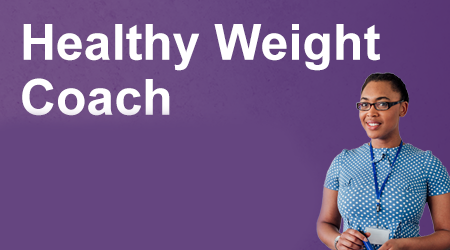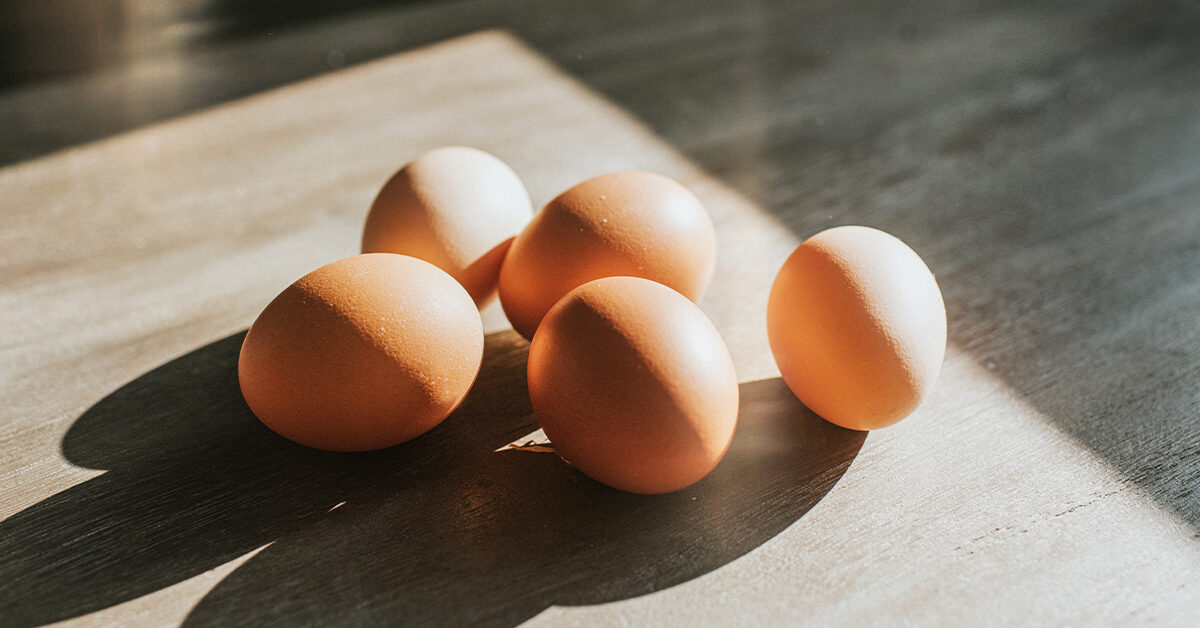
It is important to choose the right nutrition plan for your sport. It's important to have a balanced diet, and to make sure that you're not consuming too many calories and too little protein. People mistakenly think carbohydrates are only important for athletes. A healthy balance of carbohydrates, protein, and fats will fuel you and help you reach your goals.
For athletes to be able to digest food and avoid gastrointestinal upsets, they should eat at least three hours before competing or exercising. It is essential to eat a balanced diet that includes carbohydrates, protein, fat, and limited intake of starchy foods and junk food. The best sports nutrition plans include a balanced diet of lean meats, fruits, vegetables, and whole grains. These foods are rich in vitamins and minerals but they don't provide a lot of calories.

Before an event, carbohydrates are the most important food that an athlete needs to eat. Carbohydrates are the main source for energy. Foods rich in carbohydrates include cereals, milk, bread, cereals, grains, fruits and vegetables. It is best to eat carbohydrates in small amounts and to avoid high-fat, high-protein meals. For best results, eat a high-carbohydrate meal before an event and consume it at least two hours before the competition.
An athlete should eat a balanced diet that is rich in complex carbohydrates, healthy fats, and vegetables. A balanced diet should consist of between 45 and 66% carbohydrates, 25% to 35% fat, 10% to 30% proteins, and 25% to 30% to 30% calories. Water intake is essential before, during and after any sport. Eating the right foods at the right time can maximize your performance and prevent muscle damage caused by oxidative stress and swelling. Supplements are important for athletes to help speed up recovery.
The ideal diet for athletes is one that includes both carbohydrates and fats. After digestion, carbohydrates are reduced into glucose, which the body's primary fuel source. It is converted into glycogen. This type of fat is stored in muscle tissue, and is essential for an athlete's training. An athlete can increase his glycogen reserves by eating carbohydrates and fats before and during an event to avoid dehydration.

Athletes need to drink enough water in addition to their dietary fiber. For optimal health, athletes need to be well hydrated. To maintain its activities, the body needs to be able to access adequate fluids and sodium. This is the best way for muscle cramps to be avoided and to improve performance. Athletes must ensure that their training and diet are in sync. This is especially difficult for endurance athletes. In addition, it may cause cramps and headaches.
FAQ
Which order is best for working out?
It all depends on your goals. First, lift heavy weights if you are looking to increase muscle mass. Then move into cardio. You can then go to strength training if your goal is to lose weight.
Cardio can be done if you want to just lose fat. Add strength training to your workouts.
You should do cardio last if your goal is to increase muscle mass. This stimulates growthhormones, which helps build muscle mass.
Also, eat before you workout. This will fuel you muscles better, which will make it work harder. It will also make you feel more energetic during your workouts.
How do you lose weight?
Losing weight can be difficult. Many people give-up easily because they don’t have the right information.
You can lose weight by following a few simple steps.
First, you must ensure you eat fewer calories than you burn. If you consume more calories than what you burn, you will gain weight.
Second, you must start exercising regularly to burn off all those calories. You have many options, including walking, biking, dancing and jogging.
Third, you need to stop drinking alcohol and smoking cigarettes. These habits can cause you to consume more calories that you would otherwise.
Fourth, you should cut back on junk food. You can replace them with healthier options such as fruits, vegetables, lean meats, whole grains, nuts, seeds, beans, etc.
Fifth, it is important to make lifestyle changes and develop new habits. Perhaps you need to get up in the morning to exercise before heading to work.
Sixth, be disciplined and stick to your diet plan.
You can also burn excess calories by joining a gym, or taking an aerobics course.
You will quickly notice the difference by following these simple tips.
Are There Any Benefits Of Doing Yoga?
Yoga has been popular since ancient times. It is now very popular among celebrities and even ordinary people who want to look fit and healthy.
Yoga is great because you can stretch your muscles and strengthen them. It calms you down and relaxes you.
Yoga is more focused on breathing than other forms of exercise.
For balance and flexibility, there are many poses you can do.
Statistics
- The PRS enabled risk stratification for overall prostate cancer and lethal disease with a four-fold difference between men in the highest and lowest quartiles (HR, 4.32; 95% confidence interval [CI], 3.16-5.89). (pubmed.ncbi.nlm.nih.gov)
- By John Thompson Take a whopping 38% off a set of PowerBlock Pros. (menshealth.com)
- According to the American Heart Association, blood pressure should be checked at least once every two years, beginning at age 20. (my.clevelandclinic.org)
- According to the American Academy of Dermatology (AAD), men over 50 are at a heightened risk of developing it. (healthline.com)
- Cardmembers earn 5% Back at Amazon.com with a Prime Credit Card. (amazon.com)
External Links
How To
What nutrients do men need each day?
Men need healthy growth and development. The body requires vitamins and minerals, protein, carbohydrates, fats (fats), water, fiber, as well other essential elements.
The male body also requires specific nutrients at different times throughout the day. When you're sleeping, your body uses energy from food for hormones, proteins, and enzymes. Protein is needed to build muscles and repair tissue damaged when you wake up.
Your body uses the night to break down fat and store extra energy as glucose. During this time, your body needs fewer calories but still needs sufficient nutrients. You might have an occasional snack during the night if your stomach is feeling hungry.
For your body to function properly, it needs adequate amounts of protein and carbs. You may feel sore muscles if you exercise hard.
You must ingest carbs and protein within two hours of training to prevent this. Your body will use stored glycogen to produce glucose for energy.
In addition, you must consume protein immediately after completing your workouts. This prevents muscle tissue loss that happens while you sleep.
Your body can produce lactic acid during intense physical activity. Your body can build up lactic acid in the bloodstream which causes fatigue. This can be avoided by eating foods high in carbohydrates like fruits and vegetables.
Carbohydrates are a good source of energy to help you recover from hard exercise.
You may also want to include lean meats and fish, as well as yogurt, cheese, yogurt, beans and nuts in your diet.
These foods all contain high-quality proteins. Protein aids in muscle growth and repair of damaged tissues. Protein provides the amino acid your body needs for testosterone and sexhormone production.
A healthy skin, nails and joints requires sufficient dietary fats. Healthy men require between 20% and 35% of total caloric intake from fat.
Fat is good for your heart and helps you fight cancer. It also keeps your brain functioning properly.
You can get most of the fat you need from vegetable oils like olive oil, sunflower oil, corn oil, soybean oil, peanut oil, and safflower oil.
These oils are high-in monounsaturated, unsaturated fatty acid (MUFAs). MUFAs lower cholesterol and decrease inflammation. They protect your cells from damage by free radicals.
Saturated fats are found in animal products including meat, dairy products, butter and other dairy products. SFAs are known to raise LDL ("bad") cholesterol and raise triglycerides. They are also good for weight loss and belly fat.
Polyunsaturated oil (PUFAs), which are plant-based, can be found in vegetable oils, nuts seeds, grains, and other plant-based products. PUFAs reduce inflammation and improve cardiovascular function. They can also control blood sugar levels and cholesterol.
Low HDL ("good") cholesterol is a common cause of erectile dysfunction in men. Consuming high amounts of saturated fats can increase bad cholesterol and lower good cholesterol.
Men who eat lots of red meat or pork can develop prostate problems. This is because these foods contain high amounts of nitrates. If cooked at high temperatures, the nitrates become nitrosamines. These compounds can cause cancer.
Nitrites and other harmful chemicals are common in processed meats. Avoid them completely.
According to the American Heart Association, you should limit your consumption of red meat to no more that 2 meals per week. Instead, choose poultry or fish, beans, tofu and whole grain bread.